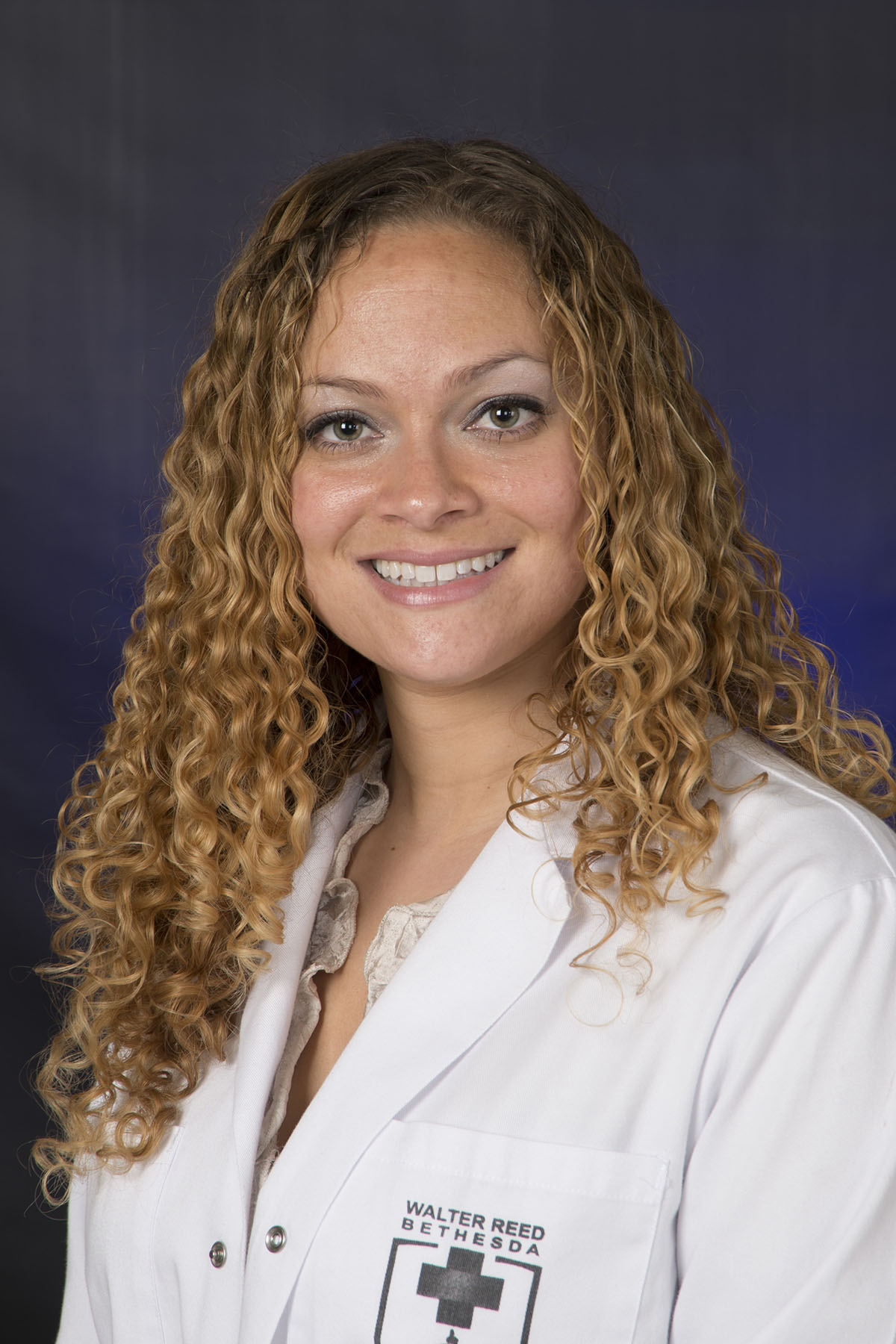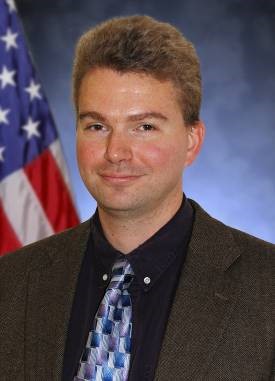
eAudiology
Understanding the Audiological and Vestibular Effects of Traumatic Brain Injury (0.3 CEUs/Tier 1)
Recorded On: 11/09/2016
-
Register
- Non-member - $60
- Member - $35
- Student - $10
Understanding the Audiological and Vestibular Effects of Traumatic Brain Injury (.3 CEUs; ABA Certificants: Tier 1)
Recorded: Wednesday, November 9, 2016
Presenters: Jacquelyn C. Jackson, AuD and Douglas S. Brungart, PhD
CEUs: .3/Tier 1
Duration: 3 hour
Who Should Attend: Audiologists who may have the opportunity to evaluate individuals with a history of traumatic brain injury and concussion.
Instructional Level: Intermediate
Program Focus: Knowledge
Learner Outcomes: Upon completion, each participant in the eAudiology Web seminar will be able to:
Description: Nearly 1.7 million people sustain a traumatic brain injury (TBI) every year in America, and TBI is especially prevalent in our military service members. The audiologist should be a vital member of any TBI team in order to facilitate comprehensive, multi-disciplinary assessment and intervention planning for patients with a history of TBI. In this course, we will delve into the mechanisms of TBI (including those occurring from blasts), common symptoms and comorbidities, and assess some common clinical audiological and vestibular findings for individuals with a history of TBI. We will also discuss recent developments in military audiology related to hearing deficits in service members who complain of hearing problems but have normal audiometric thresholds, where there also appears to be some direct relationship between these hearing deficits and deployment-related blast exposure. We will present the results of recent studies that have examined the hearing abilities of blast exposed service members and discuss some of the unanswered questions that remain about the impact that blast and noise exposure may have on hearing ability of military veterans.

Jacquelyn C. Jackson, AuD
Audiologist, Walter Reed National Military Medical Center
Dr. Jacquelyn C. Jackson has been an audiologist for the National Military Audiology and Speech Pathology Center at Walter Reed National Military Medical Center (WRNMMC) since 2011, where she specializes in evaluation and management of, and serves as the Department of Defense's Subject Matter Expert for, Auditory Processing Disorders (APD). She is an Assistant Professor of Surgery for the Uniformed Services University of the Health Sciences and also serves on Walter Reed's outpatient TBI and Craniofacial teams. She is well-versed in the evaluation and management of hearing loss, APD, vestibular disorders, and tinnitus and is comfortable interacting with patients of all ages. She has a special interest in working with individuals who present with APD and comorbid Traumatic Brain Injury (TBI) and/or Post-Traumatic Stress Disorder, and is actively involved in research in these areas. Dr. Jackson received both her Bachelor and Doctorate degrees from The Ohio State University and has clinical experience in private practice, ENT practice, as well as military and VA hospitals.

Douglas S. Brungart, PhD
Chief Scientist, Walter Reed National Military Medical Center
Douglas S. Brungart, PhD, is the Chief Scientist of the National Military Audiology and Speech Pathology Center at Walter Reed and is currently also serving as the Chief Scientist for the Department of Defense Hearing Center of Excellence. Dr. Brungart holds a BS in Computer Engineering from Wright State University (Dayton, Ohio), and an MS and PhD in Electrical Engineering and Computer Science from the Massachusetts Institute of Technology (Cambridge, MA). For 19 years, he worked as a research scientist and technical advisor for the Air Force Research Laboratory in Dayton, Ohio, where the laboratory work focused on spatial hearing, multitalker speech perception, and auditory displays. Since 2009, he has been the senior scientist of the research section at the Audiology and Speech Pathology Center at Walter Reed. During this time, he and his team have focused on the application of advanced technology to improve the prevention, diagnosis, and treatment of hearing loss and other hearing and speech disorders. Dr. Brungart has authored and co-authored more than 40 peer-reviewed journal articles on auditory perception, and he has been issued ten US patents for hearing-related research.
